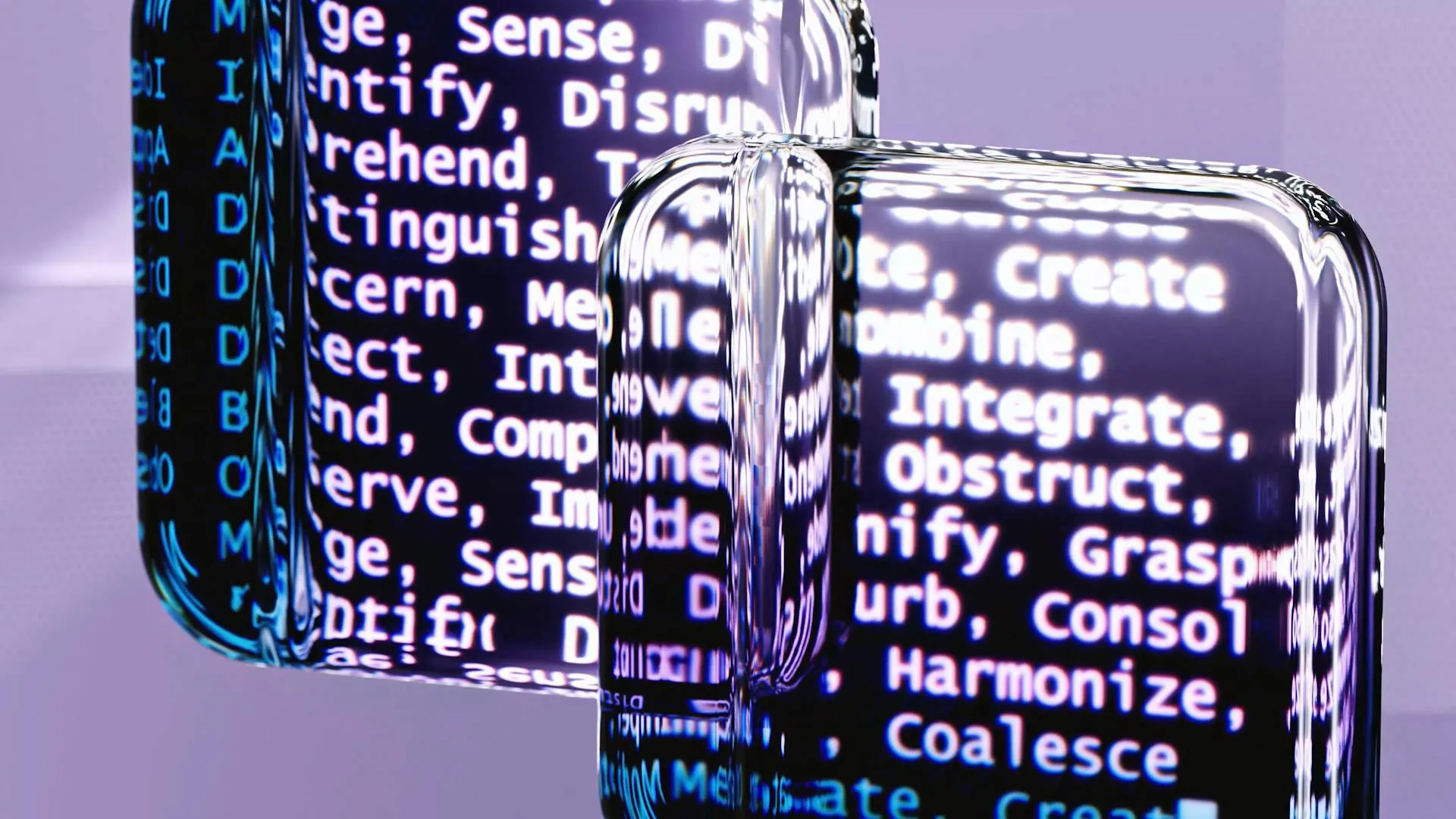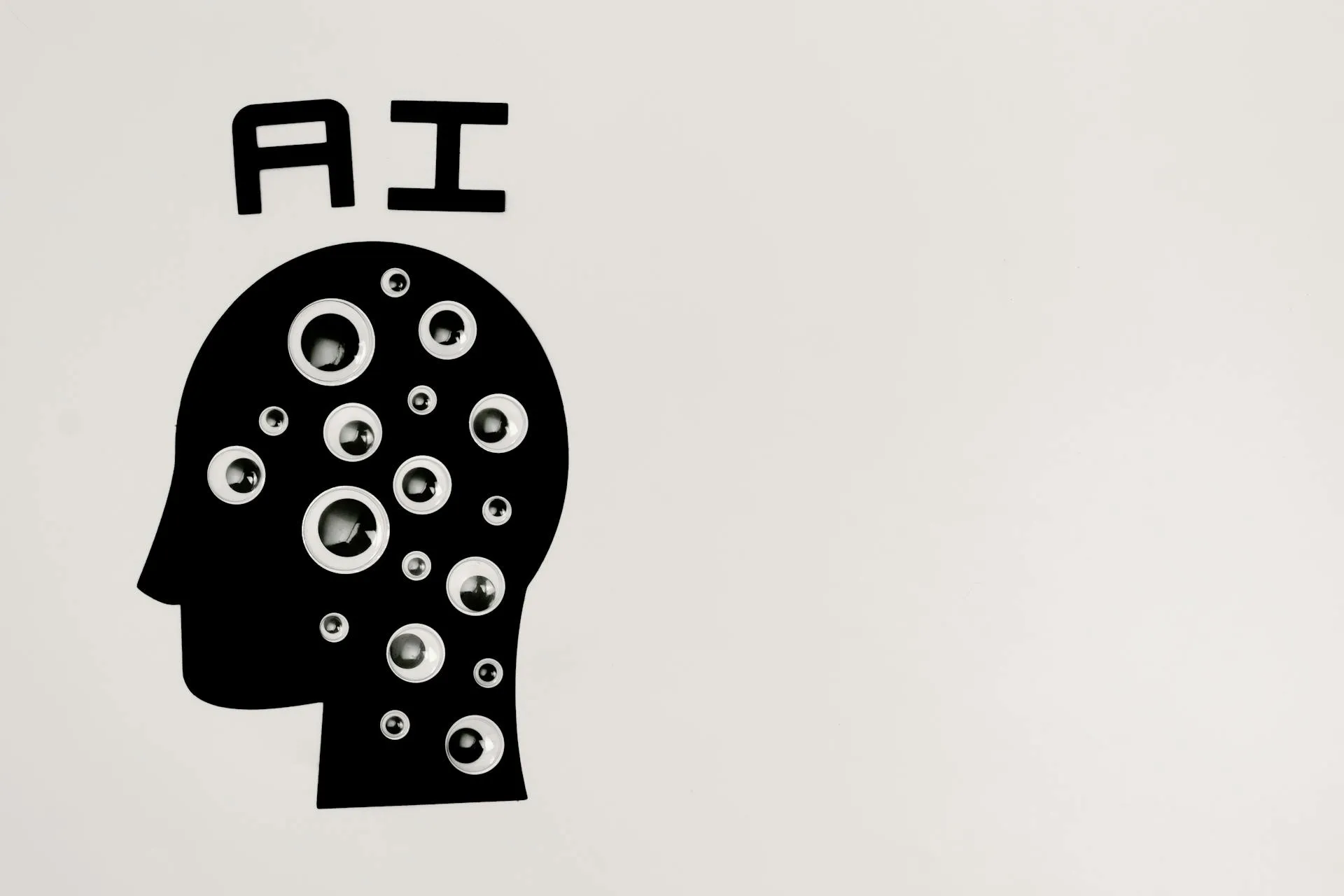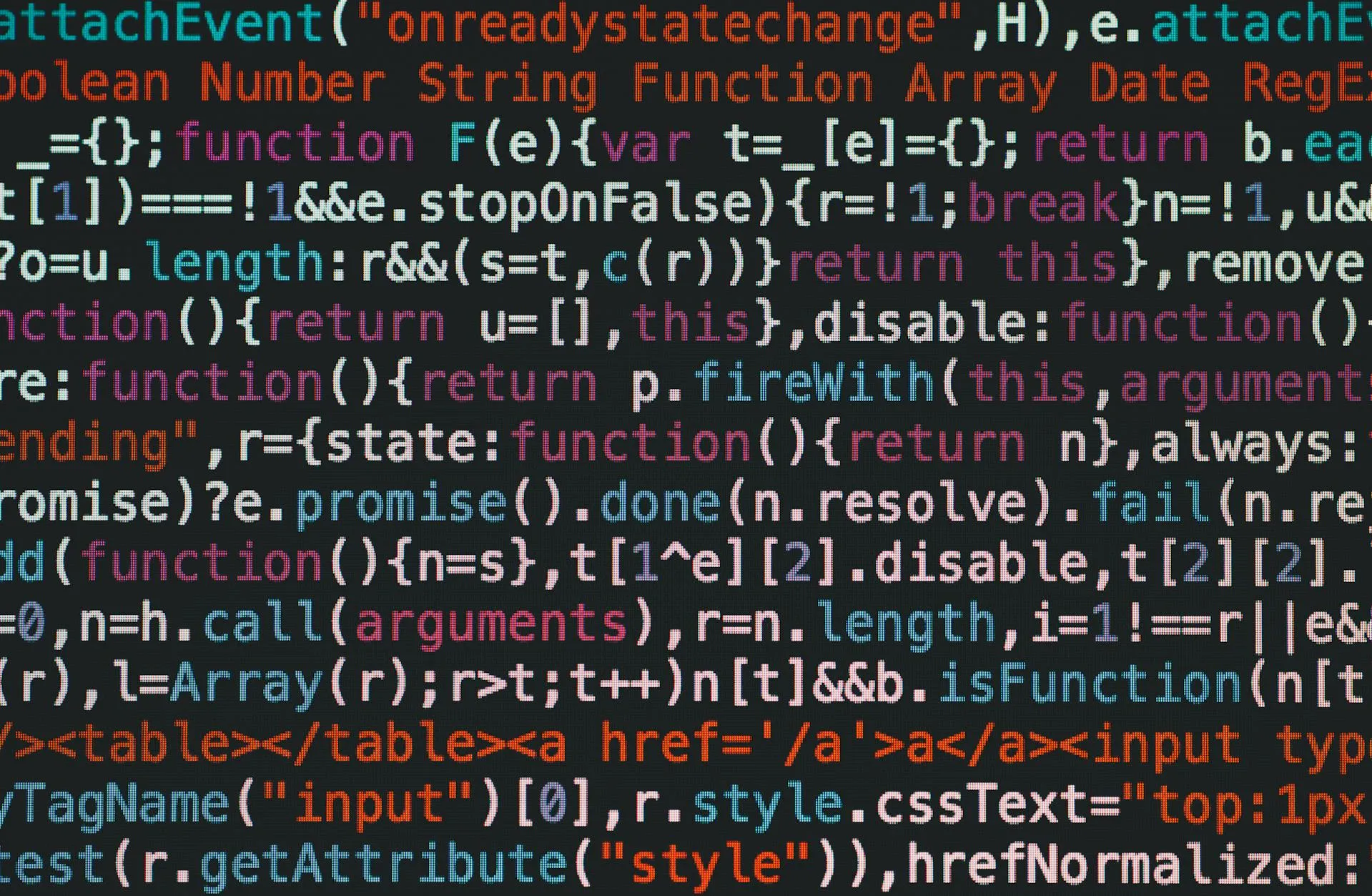Russia Proposes AI Governed by Human Conscience

Artificial intelligence (AI) must be governed by human morality to alleviate public fears and concerns among futurists about its role as a potential existential challenge. Russia has developed an Ethics Code aimed at establishing global standards for the use of AI technologies. AI should operate exclusively for the benefit of humanity.
From Science Fiction to Reality
In 1942, American scientist and renowned science fiction author Isaac Asimov articulated the Three Laws of Robotics, which he envisioned as guiding principles for the emerging field of AI. This marked one of the earliest efforts to define an ethical framework for intelligent systems. Asimov believed that the behavior of machines should be governed primarily by ethical norms, and that even intelligent mechanisms should possess moral constraints to protect humans from potential harm.
Ethical AI is inextricably linked to cybersecurity. As algorithms increasingly make critical decisions, society must be assured that such decisions are not only safe but also fair and free from manipulation.
Today, virtually every sector in Russia—from transportation and industry to education and healthcare—is integrated with IT systems. The country’s economy is rapidly digitalizing. Approximately 95% of public services in Russia are now available online, many of which involve AI. Unsurprisingly, Russia was among the first nations to contemplate AI ethics and take practical steps toward addressing them.
A Message to Creators and Consumers
The development of the Code began in 2020, when Russia’s Ministry of Digital Development, Communications, and Mass Media launched a collaborative initiative involving leading industry experts, academics, and business representatives. Following multiple rounds of consultation, core principles were established and culminated in the signing of the 'Ethics Code for Artificial Intelligence' on October 26, 2021, during the First International Forum on AI Ethics held in Moscow. The document inaugurated a framework of voluntary self-regulation and a 'soft power' approach to fostering trust between humans and AI.

The Code outlines several key ethical principles to guide AI development in Russia: 1. No harm: AI technologies must not negatively impact individuals or society and must serve the public good. 2. Respect for privacy and personal data protection. 3. Human oversight: Critical societal decisions must remain under human control. 4. Elimination of algorithmic bias and discrimination. 5. Transparency and explainability of AI decision-making. 6. Independent monitoring and evaluation mechanisms. 7. Respect for human dignity and the legitimate interests of society. 8. Ensuring cybersecurity and system reliability. 9. Accountability: Developers and AI owners must take responsibility for the consequences of their technologies.
The Code is designed to facilitate cooperation among the state, business, and civil society in AI governance.
Through this initiative, Russia became one of the first countries in the world to adopt such an ethics framework, creating a favorable environment for the AI industry’s continued ethical development.
Implementation and Enforcement of the AI Ethics Code
The developers of Russia’s AI Ethics Code also created a comprehensive set of mechanisms for its implementation. These mechanisms are designed to embed ethical principles directly into the processes of AI development, deployment, and use.
The mechanisms include: 1. Regular monitoring of the AI sector by specialized and independent bodies to detect violations and offer recommendations for improvement. 2. Self-regulation: Market participants voluntarily adopt the Code and commit to its principles, incorporating ethical guidelines into their internal policies and procedures. 3. Educational initiatives and training programs to enhance understanding of AI ethics among stakeholders and to address complex ethical challenges. 4. Development of unified approaches to risk assessment and the delineation of responsibility, which improves predictability across the sector. 5. Open dialogue and cooperation between government authorities, businesses, academia, and civil society to build consensus on key regulatory issues.

Oversight of the AI Ethics Code
At the core of this ethical governance system is the Commission on AI Ethics, which plays a pivotal role in overseeing compliance with the Code. Its main functions include: - Monitoring developments in the AI sector and preparing analytical reports. - Advising and supporting stakeholders in adhering to ethical norms. - Reviewing projects and initiatives for alignment with ethical standards. - Proposing improvements to relevant legislation and regulatory frameworks. - Organizing public forums and discussions for experience-sharing and issue exploration.
The Commission thus coordinates efforts to uphold ethical conduct in the AI domain, fostering collaboration among stakeholders and laying the foundation for sustainable AI development.
The Commission’s composition includes: 1. Representatives of major IT companies who contribute industry insights and strategic perspectives. 2. Scholars and domain experts in mathematics, computer science, philosophy, and psychology who provide academic rigor. 3. Government officials who formulate public policy and ensure interagency coordination. 4. Civil society leaders and human rights advocates who safeguard citizen rights and represent vulnerable groups. 5. Entrepreneurs and SMEs who promote equitable technological development.
This inclusive structure ensures that the Commission reflects a wide range of interests and brings a professional approach to addressing ethical issues in AI. All Commission activities are conducted transparently, ensuring public access to information on its proposals and decisions.

International Recognition of the Russian AI Ethics Code
Russia’s AI Ethics Code has been signed by over 900 organizations, including 12 universities listed in the QS World University Rankings. The Code has also garnered support from companies in more than 30 countries, including Israel, South Africa, Argentina, the UK, India, Serbia, and Brazil.
Russia actively invites international organizations and firms to collaborate on the development of ethical standards for AI. This work is essential for harmonizing regulatory approaches, enabling the creation of compatible platforms and integrated solutions aligned with shared values.
The Russian government is also expanding cooperation with international bodies such as the UN and UNESCO to promote its AI ethics model. The growing number of global partners reflects widespread interest in advancing high ethical standards in AI governance.
Toward Global Ethical Standards in AI
Russia’s AI Ethics Code was among the first of its kind and has had a significant influence on shaping global norms. The international community has commended the clarity and quality of its provisions. Notable attributes include: 1. Clarity and precision: The Code defines key terms and concepts clearly, facilitating cross-border dialogue. 2. Inclusivity: It addresses the interests of all stakeholders—governments, businesses, academia, and the public—promoting collaborative engagement. 3. Practical relevance: The Code tackles specific challenges such as bias, privacy violations, and national security threats, making it a valuable reference for regulatory models. 4. Alignment with international standards: Russian experts participate in global forums, ensuring the Code’s compatibility with international trends. 5. Real-world application: Case studies demonstrate the Code’s viability and provide a model for adaptation abroad.
Russia’s initiative serves as a positive example for other nations and contributes to the global advancement of ethical principles in AI and digital innovation.






